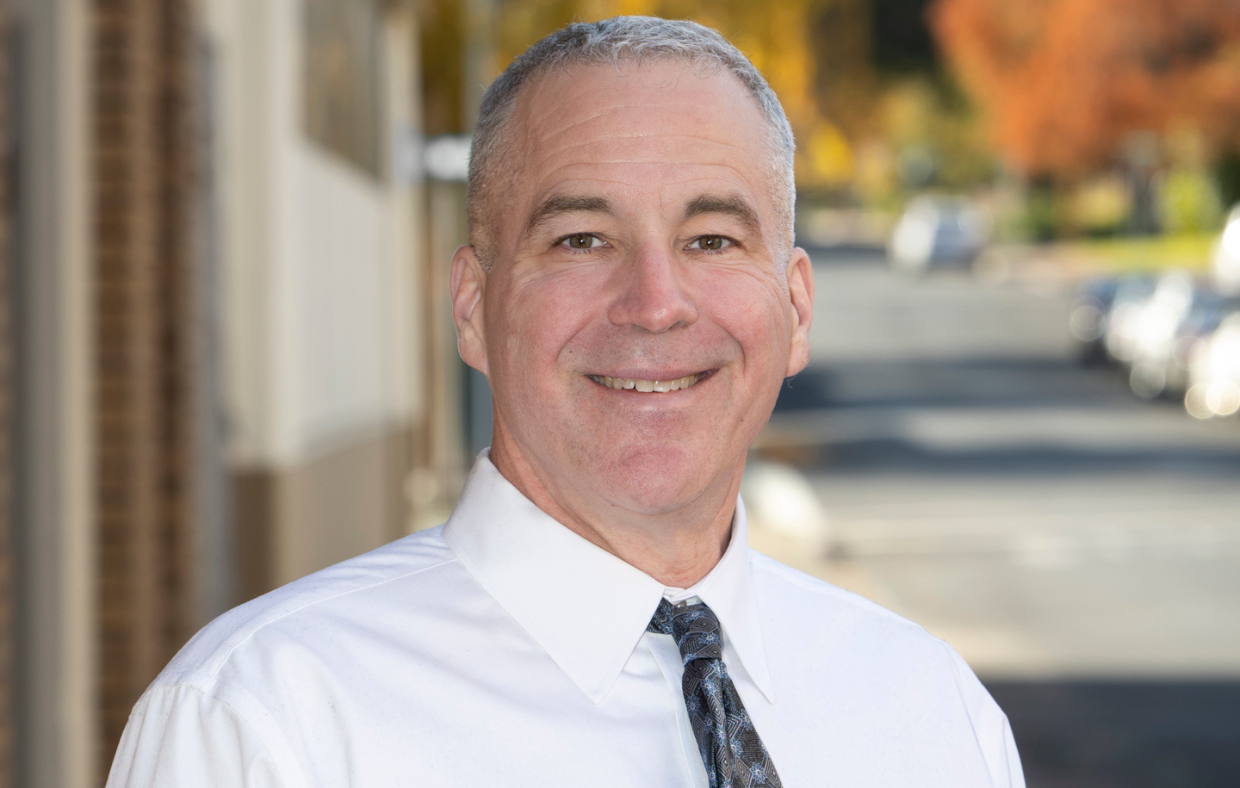PRESS RELEASE
FOR IMMEDIATE RELEASE – April 2, 2024
Contact:
Tiffany Williams, Director of Risk Management, Safety Officer
(707) 472-4620 | twilliams@mchcinc.org
Chief Medical Officer Dr. Matthew Swain has been elected to the board of the Osteopathic Physicians and Surgeons of California, the statewide organization responsible for engaging, educating, and advocating for the osteopathic profession.
Licensed physicians in California are either allopathic physicians (with the title of “doctor of medicine” or M.D.) or osteopathic physicians (with the title of “doctor of osteopathic medicine” or D.O.). Both M.D.s and D.O.s must graduate from medical school. Both may complete internships, residencies, and fellowships (depending on their specialty). Both can become board-certified in their specialty and all medical specialities are available to both.
However, because there are 13 allopathic medical schools and only three osteopathic medical schools in California, most doctors in the state carry the title of M.D. The practice of osteopathy is sometimes confused with other practices, and because different countries have their own medical education and licensing requirements, things can get confusing. In Canada, for example, you are allowed to call yourself an osteopath without completing medical school, internship and residency. This is not the case in the U.S.
Osteopathy originated in the late 1800s, in no small measure to combat the primitive and damaging practices of the mainstream medicine of the day, a time when arsenic and mercury were used to treat syphilis and chloroform was used to treat asthma. Osteopathy, in contrast, favored an approach that helped the body heal itself through preventive measures such as nutrition and some hands-on manipulation.
Fast forward to today and, according to the Cleveland Clinic, the two approaches are described as follows:
Allopathic medicine uses medication, surgery and other interventions to treat illnesses. Osteopathic medicine emphasizes the relationship between the mind, body, and spirit. It focuses on treating the person as a whole and improving wellness through education and prevention. D.O.s also receive extra training in osteopathic manipulative medicine (OMM), a hands-on method for diagnosing and treating patients.
Dr. Swain explains that although he had the option to attend an allopathic medical school, he opted to become a doctor of osteopathy because he prefers a more holistic approach. He noted that regardless of whether doctors are M.D.s or D.O.s, they can employ a holistic approach, and many do–especially those in primary care (e.g., family medicine, internal medicine, and pediatrics).
In his role as chief medical officer, Dr. Swain encourages all MCHC healthcare providers to consider patients’ overall wellness, rather than focusing solely on a particular complaint or condition. In fact, all federally qualified health centers such as MCHC offer medical, dental, and behavioral health, precisely because people’s physical and emotional health are inextricably linked and a focus on the whole patient leads to better outcomes, he explained.
During his upcoming three-year term as a board member for the Osteopathic Physicians and Surgeons of California, Dr. Swain says he intends to advocate for the health of all Californians by focusing on the practice of medicine, public policy, and health.
“I plan to bring a D.O.’s perspective to the healthcare discussion in California and by extension, to the national stage, because if our philosophies resonate with people, they should be incorporated into decisions at the statehouse and beyond. I look forward to having the opportunity to stand shoulder-to-shoulder with some great people and to shine a light on the particular challenges faced by rural Californians when it comes to healthcare, especially by those who are less-advantaged,” he said.
He noted that many political decision makers come from bigger population centers and are unaware of how difficult it can be to connect people in rural areas with the specialty care or medical technology they need.
“Federally qualified health centers are mandated to be the safety net for folks who don’t have much. When patients are dealing with a complex set of medical problems that require specialty care, we don’t necessarily have that specialist right down the road. I can get patients screen time, but getting them to Sacramento or San Francisco for an appointment may simply be a bridge too far. We provide the best care we can given our realities,” he said.
Dr. Swain suggested that bringing these realities to the forefront when legislators make decisions about healthcare might help change things for the better. He noted that while the healthcare industry has its challenges, he encourages those called to serve as physicians to pursue medicine.
“I am very passionate about medicine. It’s not for everyone, but if you feel called to care for others, to put them before yourself, to make sure people feel heard, valued, and loved, there’s no better profession,” he said.
###
MCHC Health Centers includes Hillside Health Center and Dora Street Health Center in Ukiah, Little Lake Health Center in Willits, and Lakeview Health Center in Lakeport. It is a community-based and patient-directed organization that provides comprehensive primary healthcare services as well as supportive services such as education and translation that promote access to healthcare.

 MyChart Login
MyChart Login

